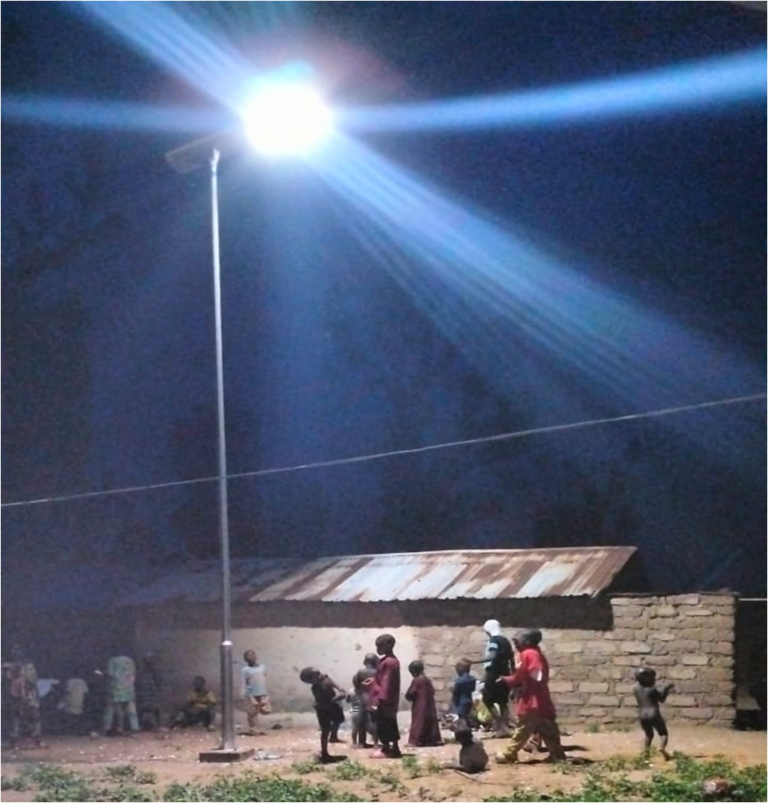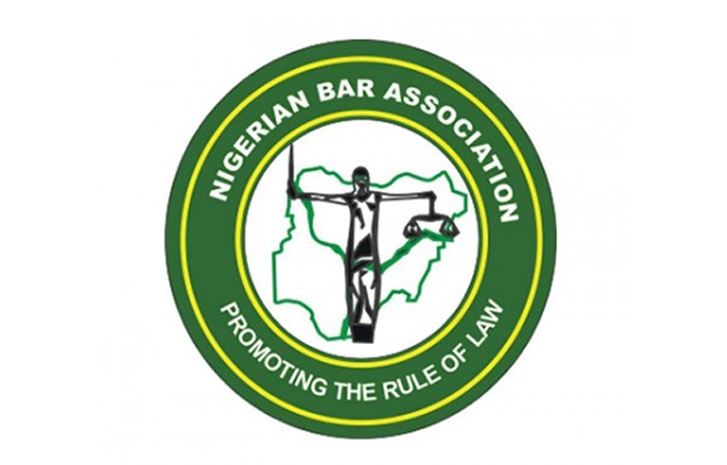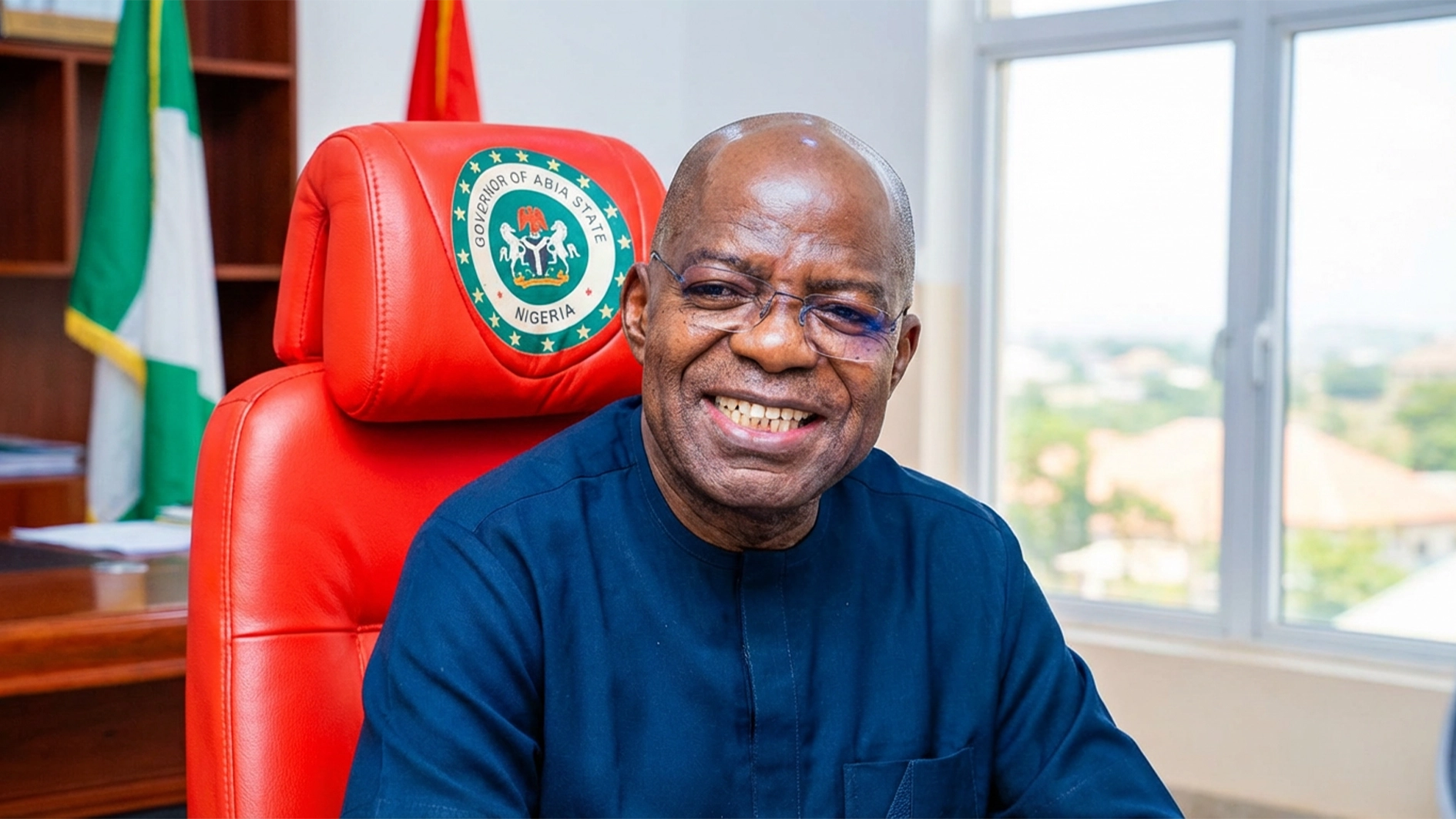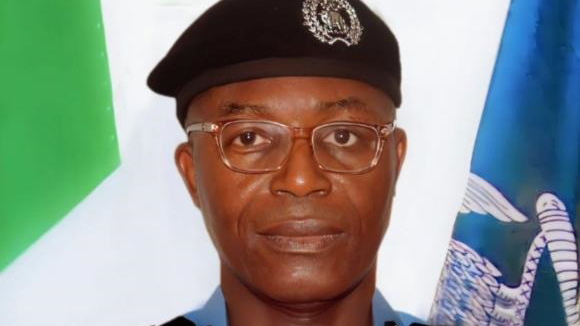
Agro-Climatic Resilience in Semi-Arid Landscapes (ACReSAL) provides water and electrification to 17 communities in Nasarawa State
The Agro-Climatic Resilience in Semi-Arid Landscapes (ACReSAL) said 17 communities in Akwanga local council in Nasarawa State have benefited from its rural infrastructure development which has helped reduce conflict between herder and farmers.
ACReSAL said it constructed 17 solar-powered boreholes in 17 communities, and 408 solar-powered streetlights in 83 communities in the state since 2023.
The agency made this known yesterday during its project impact evaluation in Angwan Makama, Nuku Ward, Akwanga local government.
The State Project Management Unit (SPMU), Dr. Napoleon Gyobe Elias, the State Project Coordinator, made the disclosure in his address.
Napoleon said that the projects so far marked a significant step in assessing the effectiveness and long-term benefits of the ACReSAL interventions in the state.
He disclosed that the aged unresolved conflict between herder and farmer that has led to huge loss of lives and properties, and food shortage, particularly in the middle belt is currently been resolved through the provision of essential portable water and basic infrastructures by ACReSAL
Leading the State Project Management Unit (SPMU), Dr. Napoleon Gyobe Elias, the State Project Coordinator, received the visiting team alongside community members who are direct beneficiaries of the solar-powered boreholes and streetlights provided by the project.
The atmosphere was filled with appreciation as the community engaged with the evaluation team and shared their experiences since the project’s implementation.
The Federal impact assessment team, led by Mrs. Mbalamen Yuwa, also had a detailed interaction with the community members who expressed their deep gratitude for the provision of those amenities.
Wakama residents in the past lamented the lack of access to basic infrastructure for clean water, most communities in Akwanga LGA had to walk 3-4 kilometers to collect water for domestic use, agriculture, and livestock which was not clean and adequate for consumption.






